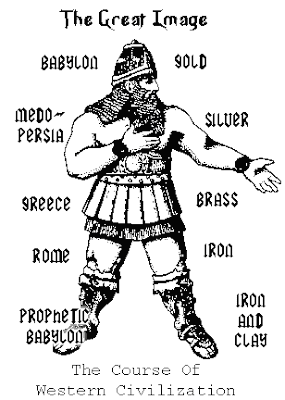I can remember a number of people
who grew up during the Depression who characterized their experiences by saying
something like “We didn't have much, but we didn’t even realize that we were poor.”
This observation goes along with
what I’ve been reading in a book about poverty. The book is God of the Empty-Handed, & it is written by an Asian
Indian from an Evangelical Christian perspective. He sees poverty not so much
as a lack of things, but as a condition of powerlessness.
Poverty results in part because political,
economic, & legal power are concentrated in a small group of people, the
elites. They see themselves as smarter, abler, better educated, etc. than the
general population, the masses. The masses are inept & unable to direct
their own lives; they need the elitist class to do that for them. Legislation, the
judicial system, & even religious beliefs & cultural mores enforce this
view of the 2 separate classes. The ultimate result of this complex of factors
perpetuates poverty & guarantees permanent dependence of the masses on the
goodwill of the elites.
This condition is not what the
Founders of the United States envisioned. It is actually what they strove to
avoid. They desired to insure that political, economic, & legal power are
distributed as broadly among as many people as possible.
In this coming year, may many
people be newly empowered by a renewing of our beloved nation. May that
empowering not be limited to their political, economic, & legal condition. May
it especially be true of their spiritual life as they come to know Christ &
grow in their relationship with Him.












































